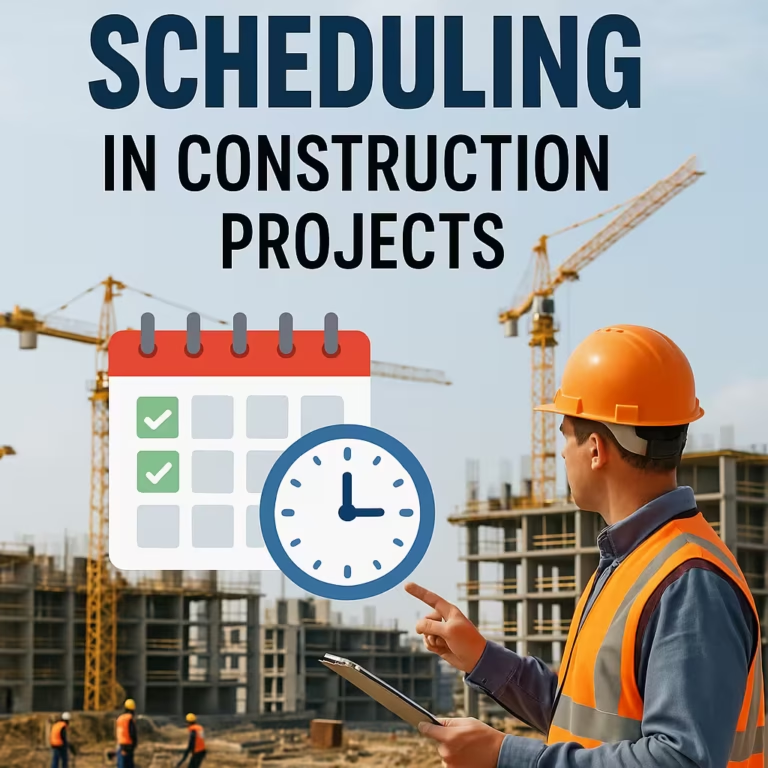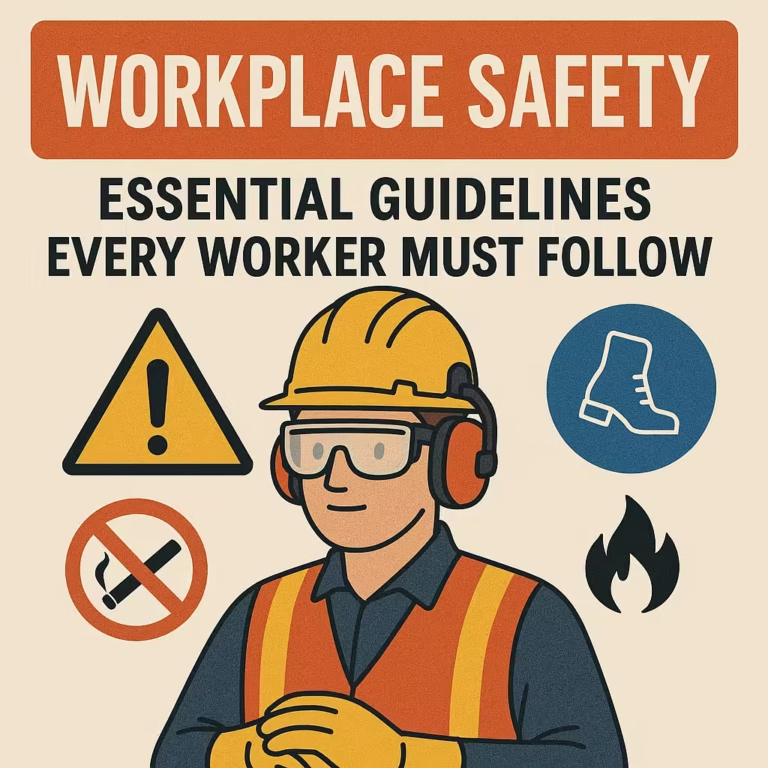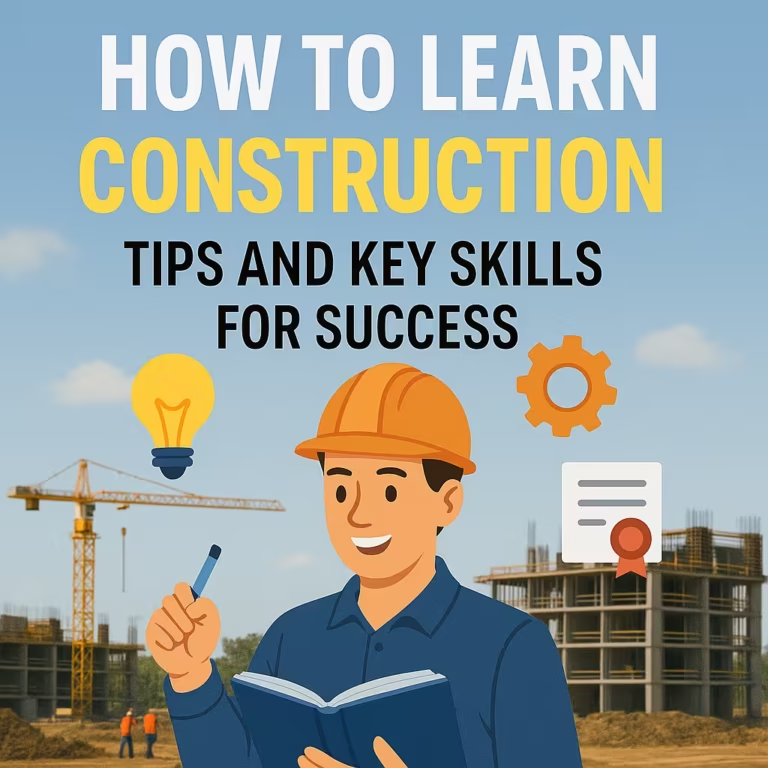How to Learn Construction: 9 Practical Steps for Success
How to Learn Construction
In this video, I’m going to cut through the BS and give you some real advice on how to learn construction and also some things that you should probably not be stressed about. So where do you focus? What is the secret that most people don’t know? And what is one key that will always save you? That’s what we’re going to cover right now.
Finding Your Starting Point
You want to know how to learn in construction. You might be trying to get into it, you might be doing a construction management major, you might just have gotten your first job, or maybe you haven’t gone to college. You could be a project or field engineer, feeling overwhelmed, surrounded by unfamiliar terms, acronyms, and people who seem tough to work with. I understand — I’ve been there. We’ve all been there. So here’s some advice. You don’t have to take all of it, but I hope you find it helpful.
Learn a Trade
Wherever you are, if you ever have an opportunity to learn a trade or a skill, it’s absolutely fantastic. Personally, I grew up as an equipment operator, a form setter, and a finisher — not a full carpenter — but I have a concrete background. That skill set has provided confidence, a point of connection, and an intellectual understanding of construction. It’s helped my career immensely, especially when projects hit the concrete phase or involve structural work and crew production. If you can, learn a trade. It gives you something to fall back on and ensures you’re never stuck or trapped.
Do You Really Need a Degree?
Here’s some hard talk: you do not have to go to a university to prepare for or succeed in construction. I didn’t go to school, I don’t have a degree, and I’ve built a successful career and business. That said, recruiters still often look for that construction management degree. If you want to go to school — great! I think it’s honorable and valuable. But if you can’t or don’t want to, don’t let that shake your confidence. Many people succeed in construction without a degree.
Learn to Read Drawings
One essential skill you must develop is reading drawings. When I was around 13, I found blueprints while doing a side job and got curious. I studied the general notes, the legend, and how the drawings worked. When I got my first job at Hensel Phelps, I dove in deeper, asking for help from foremen and studying the plans. You need to know how to read and visualize drawings — sections, cut views, elevations, isometrics — and understand the front matter, notes, and legends. Many construction managers, even superintendents, miss this crucial skill. Don’t be one of them.

Ask Questions — Lots of Them
There are no stupid questions. The only dumb question is the one you didn’t ask. Ask, ask, and ask again. I once got a compliment from our CVR chief visionary officer, Kevin Reiss, for openly asking questions — even in front of experienced veterans. If you don’t know something, ask. It’s faster than school, textbooks, or even practice (because you might practice the wrong thing). Multiply your questions by 10 — you’ll still only be scratching the surface.

Master One Skill at a Time
This might sound cocky, but I know how to use AutoCAD, Revit, total stations, create CPM schedules, build battle boards, write RFIs and submittals, and more — because I mastered each skill one by one. Each skill is crucial. When you’re managing a massive project, you won’t have time to learn on the fly. So, master each skill as you encounter it. Take the lessons, create lift drawings, get feedback, and ensure you understand the full context. Discipline and consistent effort will beat raw talent every time.

Volunteer for Assignments
If there’s something new to learn, volunteer for it. Ask for help, ask questions, and push yourself into those new roles. The more you expose yourself to different tasks, the faster you’ll grow.
Make Foremen Your Heroes
Foremen are the backbone of construction. They’re tough, experienced, and often underappreciated. Make friends with them, support them, and ask them to teach you. They love sharing knowledge — especially with someone who genuinely wants to learn. Building those relationships will skyrocket your learning.

Pursue Certification Programs
Learning doesn’t stop with school. Even if you skipped college, go after certifications like DBA, CM Lean, or superintendent programs. Keep learning through courses, Lean Builder content, LCI events, or Lean Coffees. Continuous learning is crucial for long-term success.
Read — A Lot
I recommend reading a book a week, or at least one every two weeks or month. Your earning potential and success are directly linked to the education you apply. Read widely and keep educating yourself.
If you ever need help, feel free to reach out. Drop a comment below, and I’ll share everything I can to support your learning journey. On we go!






